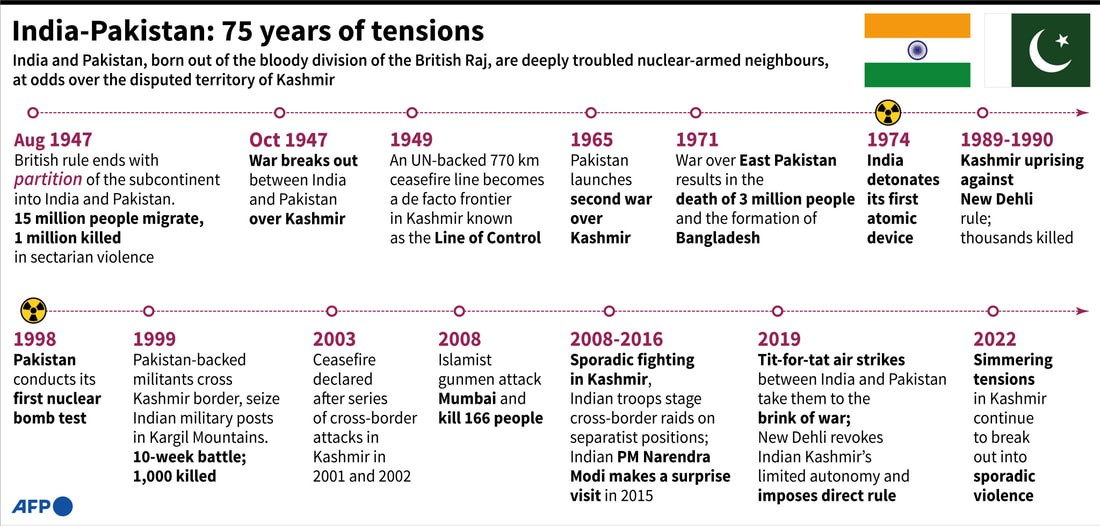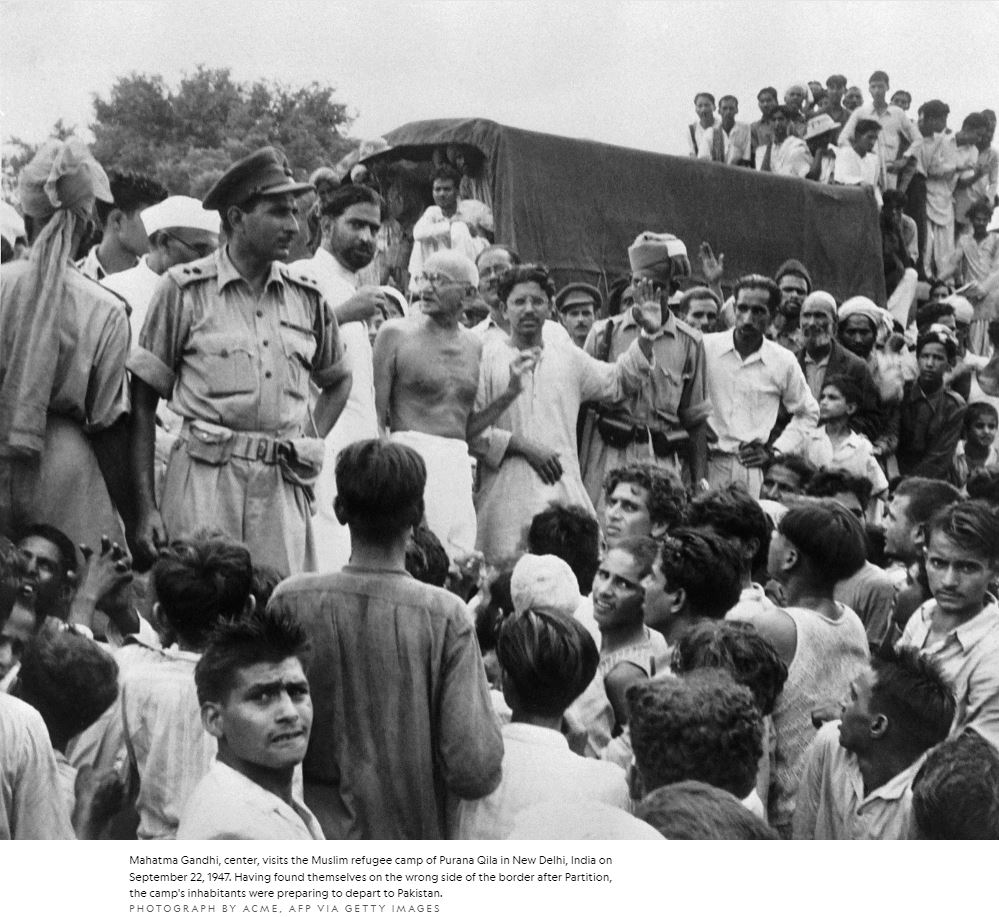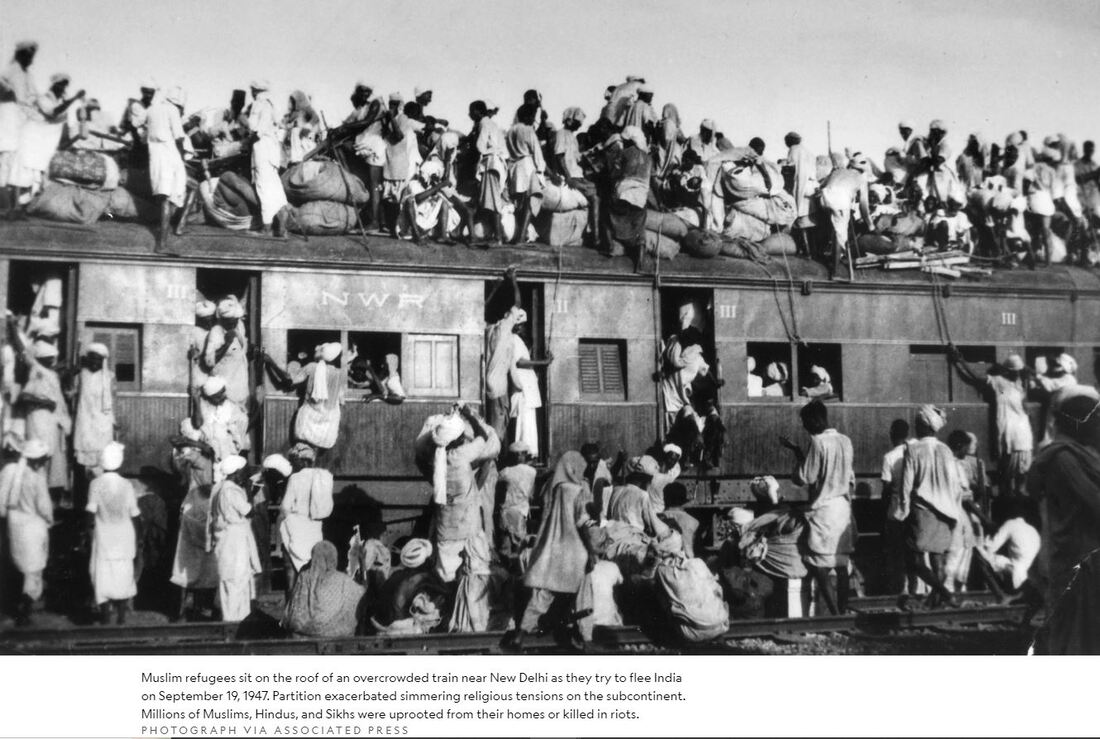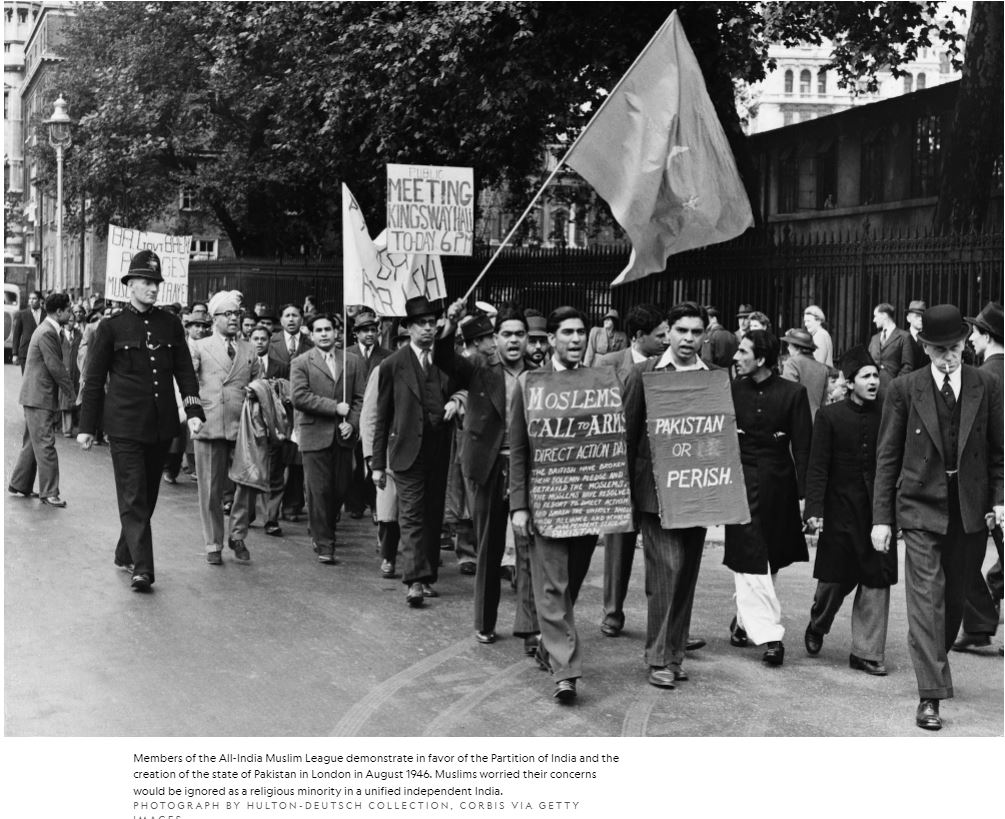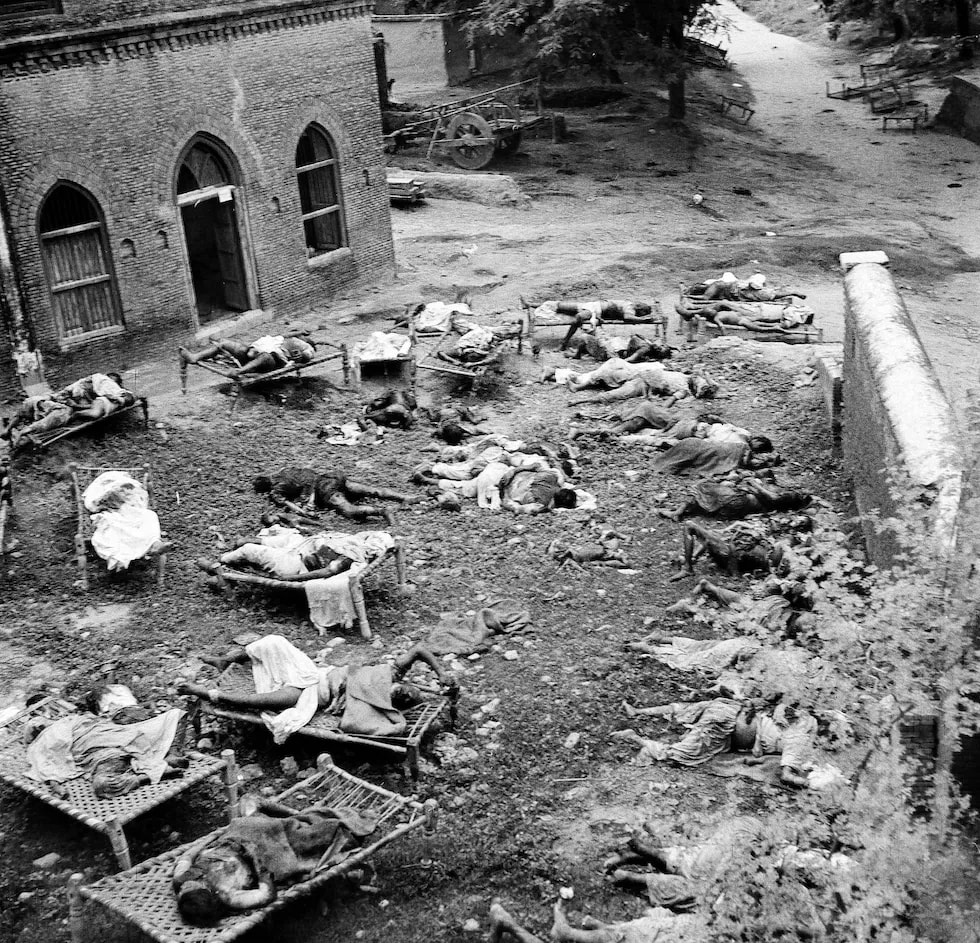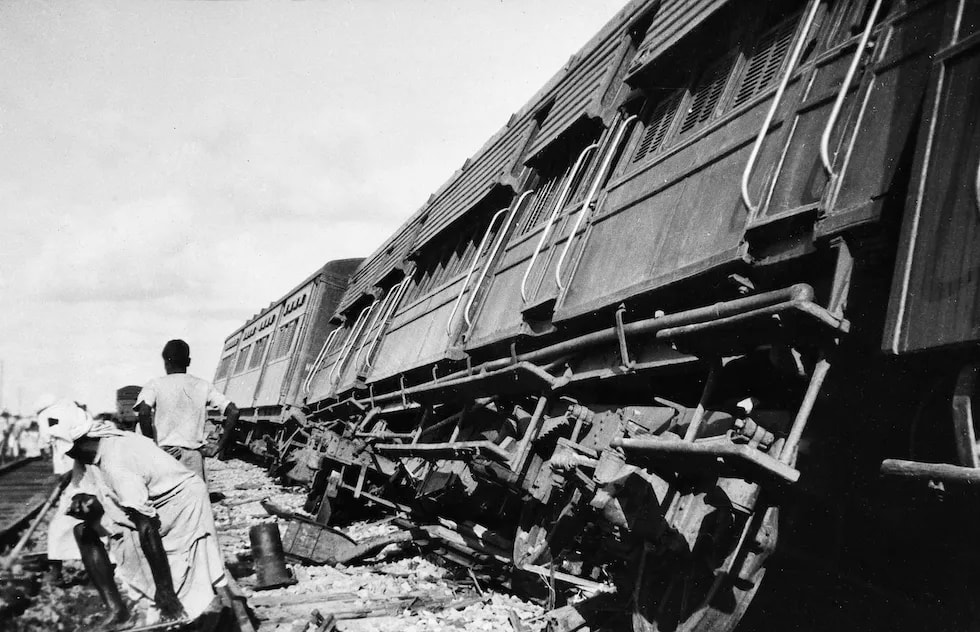20.08.2022
75 Years of Partition and India-Pakistan Tensions
India and Pakistan were born 75 years ago out of a bloody division of the subcontinent by the colonial British, an event commonly referred to as partition. Today, the two nuclear powers are deeply troubled neighbours, at odds mainly over the disputed territory of Kashmir. Seventy-five years ago, Sir Cyril Radcliffe, a British lawyer, was commissioned to draw the borders that would divide British-ruled India into two new, independent nations: Hindu-majority India and mainly Muslim Pakistan. He had just five weeks to do so despite having never travelled to India, which had been under British rule for 200 years. The lines he drew triggered one of the largest forced mass migrations in modern history, with roughly 15 million people displaced and more than two million people killed. What Britain cast as a triumph was actually the beginning of the largest human migration in history and one of humanity’s most brutal episodes. Uncertain about where the borders had been drawn—and which country they currently lived in—as many as 18 million people packed up their belongings and set out to reach the “right” country. By the time the violence faded around 1950, between one and two million people had died and both nations were forever transformed. In 1948, Gandhi was assassinated by a Hindu nationalist who reportedly thought the leader was too pro-Muslim. In the 75 years since Partition, territorial disputes between India and Pakistan have continued to simmer, erupting into four wars and ongoing cross-border attacks. For many in India, Pakistan, and Bangladesh, the losses and memories of those bloody, uncertain days are still haunting. Credit: ALJAZEERA
Poverty deprives people of adequate education, health care and of life's most basic necessities- safe living conditions (including clean air and clean drinking water) and an adequate food supply. The developed (industrialized) countries today account for roughly 20 percent of the world's population but control about 80 percent of the world's wealth.
Poverty and pollution seem to operate in a vicious cycle that, so far, has been hard to break. Even in the developed nations, the gap between the rich and the poor is evident in their respective social and environmental conditions.
Poverty and pollution seem to operate in a vicious cycle that, so far, has been hard to break. Even in the developed nations, the gap between the rich and the poor is evident in their respective social and environmental conditions.

